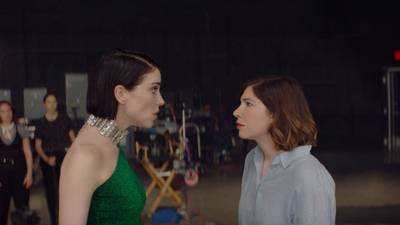

Reviews
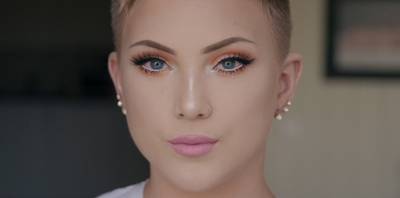

I often wonder if it is a specific language that working-class families speak. When the possibilities of the world feel so limited through money and social power, are we even allowed to dream? Knowing how the world can derail dreams, the parents of these families assume the role of society before their children ever leave the home.
READHello World: Tell Me if Something Bad Happens
Shia Conlon’s review of Kenneth Elvebakk’s film ‘Hello World’.
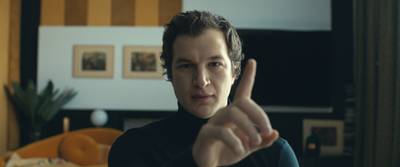

Never Gonna Snow Again really raises the concerns around environmentalism. It’s trying to tell this message of a failing world through some humour and fantasy. The protagonist’s integration into this Polish community is like a wake-up call to the inhabitants, who many seem to be oblivious to the growing issue of climate change.
READNever Gonna Snow Again: a hypnotic take on the environmental downfall
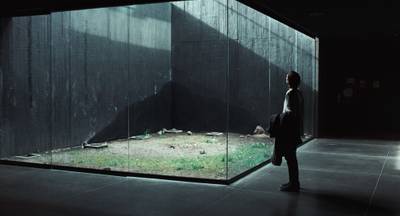

The captivating nature of Memoria depends on the work of some notable artists. The eccentric Tilda Swinton stars as the leading figure, Jessica, whose life suddenly starts revolving around a strange, unrecognizable sound that keeps interrupting her everyday life. The urge to find it is intertwined with and partly hidden in the subtlety of her obsession for more. Swinton’s acting is stripped of emotion but not unfeeling, for she has the great skill of reserving considerable emotion behind the minimalistic expression.
READMemoria: On Remembrance and Stillness
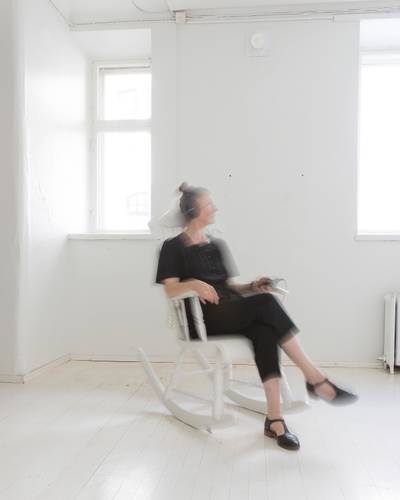

To be received by the artist, to be held by their presence and attentively guided into and through the work, in a personalised performance feels timely. After a long period of self-containment and social isolation— protecting each other and ourselves through reducing contact—this personalised care and shared intimacy with another feels like tending wounds. As a guest, you are “hand-guided” through artworks dealing with uncomfortable “subjects”, ones that puncture our boundaries and explicate the uncontainability of our bodies and interdependencies with others.
READI Versus Us Versus I
Yvonne Billimore reviews the exhibition ‘TICK ACTs’ as a reflections on encountering and thinking-with “other” bodies through art.
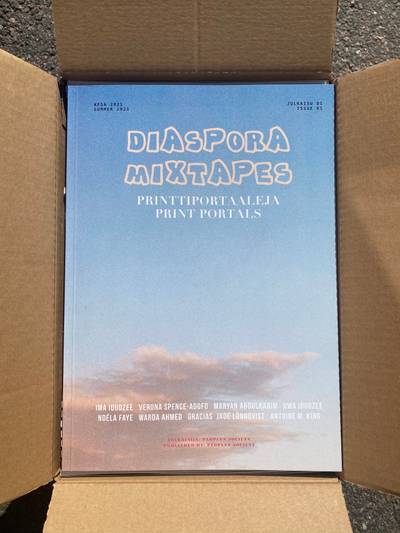

In this piece, I explore the interrelatedness of visuality, black displacement and black diaspora. Diaspora Mixtapes makes apparent the efficacy of visual representations as an artistic genre that implicitly addresses questions of border regimes, queer belonging, and self-representation. Furthermore, Diaspora Mixtapes exemplifies the contemporary inclination to make visible black cultural exchanges.
READDiaspora Mixtapes: Towards a Politics of Black Filmmaking
Analytical review of ‘Diaspora Mixtapes’ an art-house documentary reveals what it means to politicize the visual.
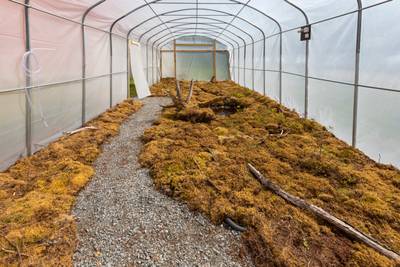

It was a sensation that returned to me again this summer, when I found myself approaching the Mänttä Fine Arts exhibition space, Pekilo: A feeling of warmth, comfort, familiarity. A feeling of homecoming. I mark that this too came on the heels of enduring isolation.
READMèconnaissance in Mänttä
Raine Aiava explores the institutional framework that guided Mänttä Art Festival 2021.
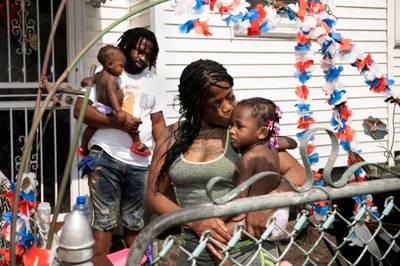

Iduozee believes that especially in the United States, the political climate has been operating by pitting mostly poor white people against minorities. However, Iduozee finds this narrative narrow, as it overlooks the middle-class and upper-middle-class people who benefit from racist and unequal structures. Racism is not just perpetuated by poor white people. The narrative that suggests this, is classicist and allows the middle-classes to feel superior and to distance themselves from far-right rhetoric and ideology.
READPrivilege Is in the Eye of the Beholder
In reviewing the photography exhibition Blind Spot(s) Ndéla Faye asks, “how does one capture something like structural racism in images?”
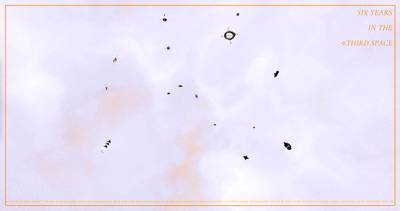

Arriving at a particular watershed moment, Six years in the Third Space is an online publication that earmarks a key milestone in the course of the physical space existing in the city since 2013. It embodies and carries forward the hybridised in-betweenness which the physical space attempts to live by. Informed by a large network of collaborators and shared stories, the collection becomes a living organism, an orbiting satellite — autonomous and yet, carrying the identity of the body that it takes after.
READBut Not Without a Few Battle Scars
Shubhangi Singh reviews Six Years in (the) Third Space publication analogically reviewing also Third Space as the artist-run gallery that harboured a complex place of hybridity.
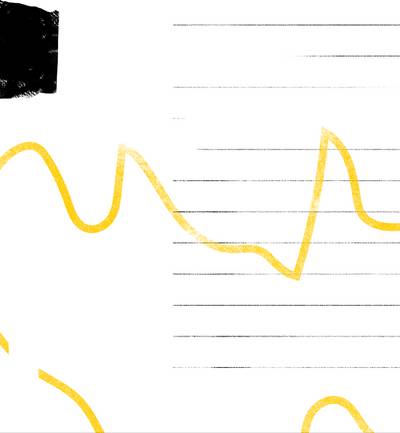

Though a small-scale artist-run institution, Sorbus presents itself in the back cover of Wasted Years as creating conditions and generating alternative approaches through art activism.
READSix Years
Marina Valle Noronha reviews ‘Sorbus — Wasted Years: sad, sexy, and artist-run’: “To nurture publishing infrastructures is a political action.”
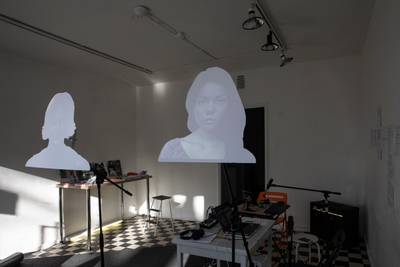

It is productive to imagine commoning as a digital network, where, unlike with embodied presence, it’s impossible to be simultaneously present and absent – you are either online or not.
READProducing and Practicing Presence. Digital Commoning Practices in Oksasenkatu 11.
“Digital Commoning Practices asks us to pay increased attention to what (and who) facilitates our physical and digital presence while we can.”
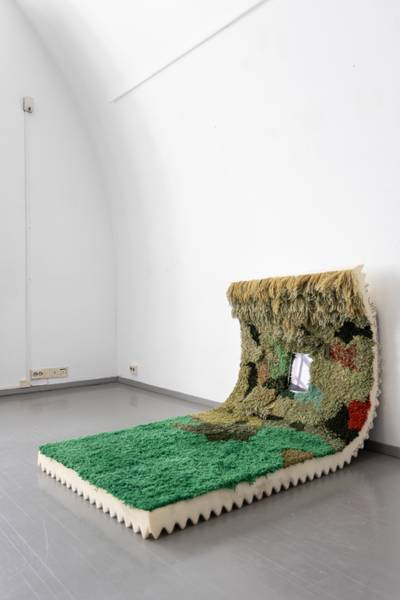

To write this review in a post isolationist time, it actually took me three trips to get my head around the exhibition, the feel of the island, the spring, and the memories. Especially after coming across a rumor that the independence of Taidekoulu MAA and other private institutions like it are being threatened by cuts in funding. This review is a description of my trail through the exhibition, followed by ruminations on the situation that MAA is facing, based on a chat I had with MAA’s current principal, Minna Henriksson.
READFrom Memories Through the Soil to the Future
Juha Hilpas foregrounds a review of Art School MAA’s exhibition to talk about the school’s importance in nurturing a sense of belonging and networking.
